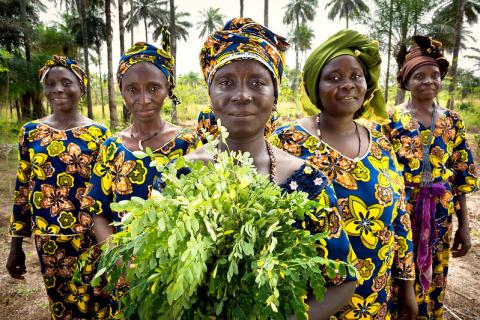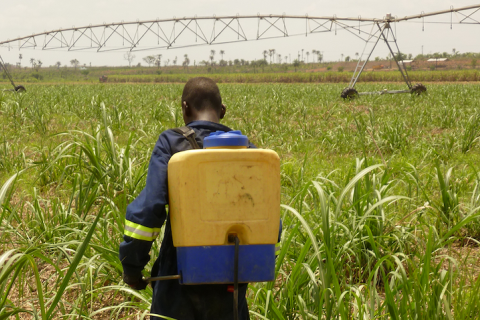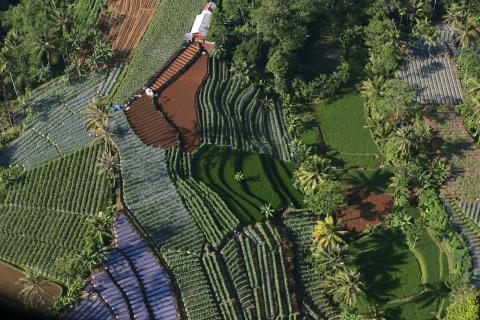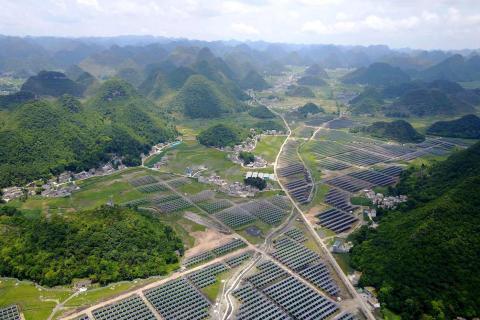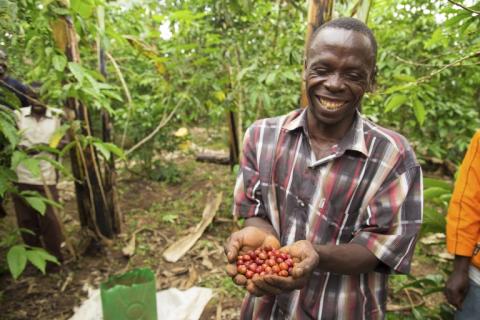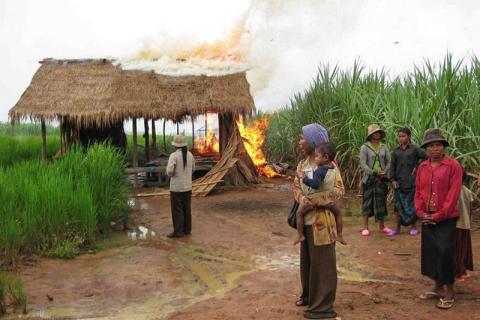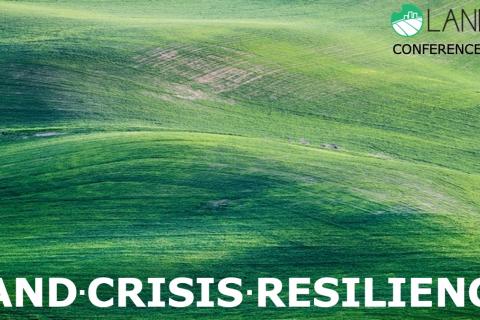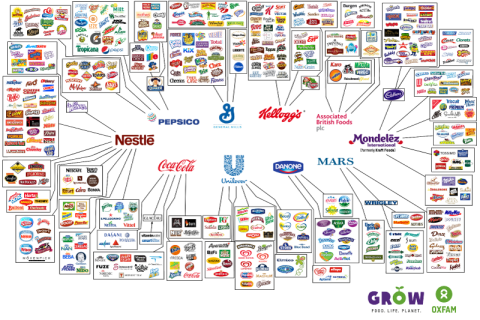Women lead the change - why women’s land rights matter in Dutch and EU’s Africa strategies
Women own less than 20 percent of land in the world
Half of the world’s smallholder farmers are women
70 percent of Africa’s food is produced by women smallholder farmers
Human Rights Day: Land grabbing in Africa
Three new case studies show: In the context of large-scale land investments in Africa, human rights violations and social as well as environmental damages are the rule, not the exception. The message of the studies is therefore clear: development banks and their governments must do more for human rights and take responsibility for damages caused.
The Global Land Rush, Revisited
When the US housing bubble burst in late 2008, it dragged major banks into liquidation and destabilised financial systems worldwide. A long, era-defining recession ensued, ushering bank bailouts, currency crises and austerity measures. Meanwhile, China’s skyrocketing industrial production was shifting global economic power.
How do we channel the ESG investment boom towards low-income countries?
Private financial flows that are tracked against certain Environmental, Social and Governance (ESG) criteria reached record highs in 2020. But this boom may not be having a material impact, especially in low-income countries (LICs) which are most in need of it. Identifying and managing unknown financial risks can help re-balance the risk-reward ratio for sustainable investors.
Investing in Formal Land Rights for Commodity Smallholder Farmers: Lessons from land tenure public-private partnerships
The Côte d’Ivoire Land Partnership (CLAP) brings public and private sectors together to work for affordable land documentation for smallholder farmers at scale. The panellists explained that land security should be at the core of corporate sustainability agendas because it translates into benefits across supply chains. Providing smallholder farmers with land documentation to strengthen their land rights has an impact on their lives, their families and also their productivity.
Development Impact of Land-Based Investment in Times of Crisis: Learning and exchange by the LANDac Professional Learning Network
The session addressed the impacts of land-based investments on poor and vulnerable people in the Global South. It facilitated an exchange of knowledge about the strategies that are employed on the ground to strengthen the position of these groups when it comes to negotiating for their interests with investors amidst the climate crisis and the global pandemic. How might we, as practitioners, researchers and policymakers contribute to increased developmental impact of land-based investments, especially in times of crisis?
Critical Insights on the Land Governance Orthodoxy
This panel took a critical look at the land governance orthodoxy that has consolidated on the heels of the financial crisis and outcry over "global land grabs" at the end of the 2000s.
Setting the Stage: LANDac Conference 2021 Opening Session and Keynote Speeches
The LANDac Conference 2021 was opened by the Co-Chairs of LANDac, Dr. Gemma van der Haar from Wageningen University and Dr. Guus van Westen from Utrecht University. Dr. Guus van Westen noted that theirs is the 11th consecutive LANDac conference, and that last year, labeling the conference an Online Encounter, we were not yet ready to accept the new reality of COVID-19. This shift has enabled LANDac to reach new audiences that were not previously part of the LANDac crowd.
Behind the Brands 8 Years Later: An assessment of food and beverage companies’ delivery of land rights commitments
From 2013 to 2016, Oxfam's Behind the Brands campaign called on the 10 biggest food and beverage companies to adopt stronger land rights commitments. Now, as the coronavirus pandemic worsens inequality and food insecurity around the world, we asked the question: Are companies taking meaningful steps to implement their commitments?


